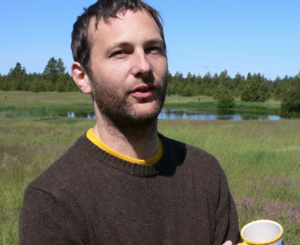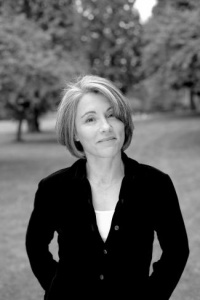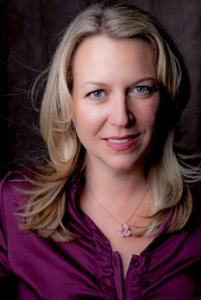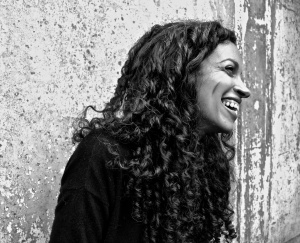Ruben Quesada

Associate Fellow at the Attic Institute of Arts and Letters
Ruben Quesada is editor of Latinx Poetics: Essays on the Art of Poetry (2022), author of two poetry collections Revelations (2018) and Next Extinct Mammal (2011), and the translator of Exiled from the Throne of Night: Selected Translations of Luis Cernuda (2008). His writing appears in Harvard Review, Best American Poetry, American Poetry Review, Ploughshares, and Pleiades.
He has been honored by the Department of Cultural Affairs and Special Events in the City of Chicago, Canto Mundo, Lambda Literary Writers’ Retreat, Napa Valley Writers Conference, and Vermont Studio Center. In addition to the Attic Institute, Quesada has taught courses on poetry and poetics for Vermont College of Fine Arts, UCLA Writers’ Program, Northwestern University, Chicago High School for the Arts, School of the Art Institute, Columbia College Chicago, and University of California, Riverside. He lives in Chicago.
WHAT STUDENTS SAY ABOUT RUBEN QUESADA:
"I just wanted to share the wonderful experience I had in Ruben Quesada's class on Saturday (6/12/2021). I really enjoyed his generative teaching style. I am reinvigorated to write more prose poetry and left with so much material to work from! I look forward to participating in future Attic Institute classes with Ruben!" Maria Guzman
"Can’t say enough about how I enjoyed and learned from Ruben Quesada on Saturday. He is an inspiring teacher who is well prepared, insightful, and highly skilled with Zoom mechanics. He treated each participant with respect and was neither “stuffy” nor too erudite. I would happily take another workshop from/with him!" M K Moen
"This class was excellent, one of if not the best class I've taken at The Attic. He gave us tools, time to write, time to share, examples, etc. I am so impressed." Pattie Palmer-Baker
"Really enjoyed Ruben Quesada’s prose poetry workshop. He’s a wonderful teacher. Ruben's course was well-organized, well-paced, and well-prepared. I loved the readings that were sent ahead of time, and those that we read closely in classes. I usually struggle with generative exercises in 3-hour workshops -- there doesn't seem to have any time, or it's hard to get into the mindspace to write anything. I found that not only Ruben created a safe and supportive space that made writing easy, but his prompts were effective in generating work. I am looking forward to taking more workshops taught by Ruben at the Attic Institute." Mariko O. Gordon
"I just wanted to let you know how much I enjoyed Ruben Quesada's prose poem class. I found it to be informative, inclusive, and practical. I am looking forward to implementing the new information and skills he introduced us to. I am definitely looking forward to joining more of his classes in the future to continue to improve my craft. Thanks so much for providing the opportunity."
"I just wanted to let you know what a great experience I had in Ruben Quesada's poetry workshop this past Saturday. I attend these types of offerings quite often but this one stood out for several reasons. First, the material was organized and accessible, providing clear and useful illustrations of the topics being covered. I am somewhat new to prose poetry and felt that this class cleared up a lot for me. Second, and in my opinion most importantly, the prompts we were given in combination with the example poems were dramatically more effective for me in the generation of new work than any other class or set of prompts I have looked at. Generally I don't care much for prompts, but the way Ruben introduced each with a sample from a lauded contemporary (mostly) poet was just the magic formula. And finally, his welcoming, positive demeanor was very encouraging." S.K.









